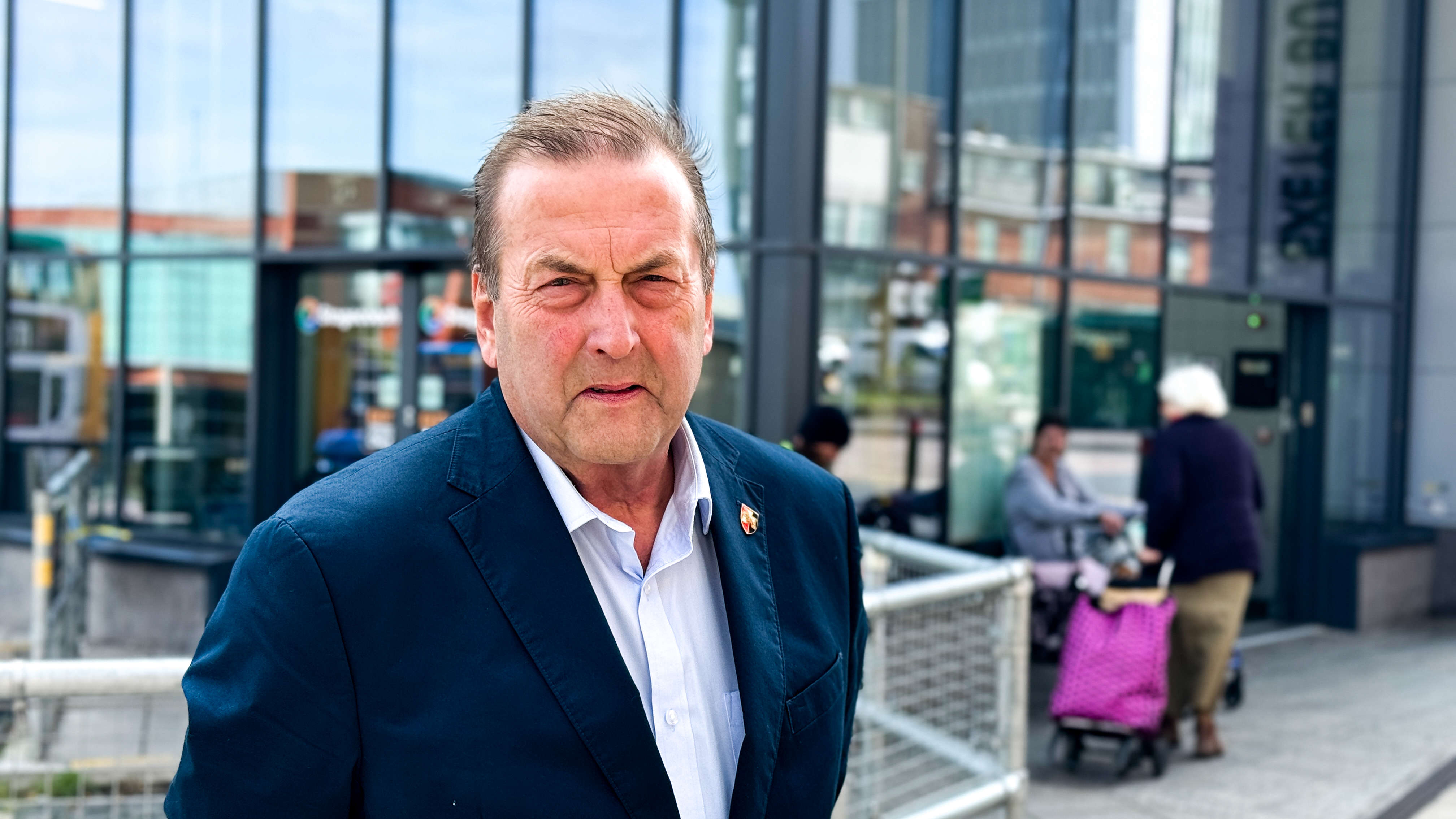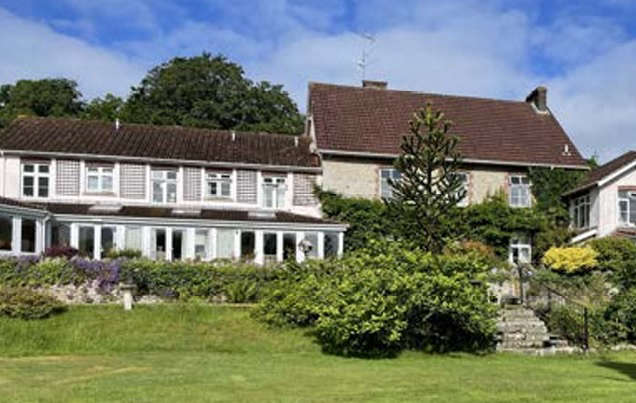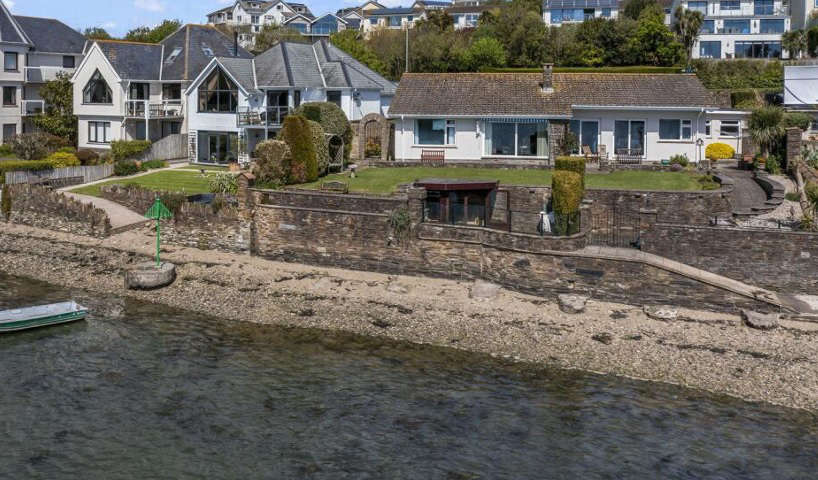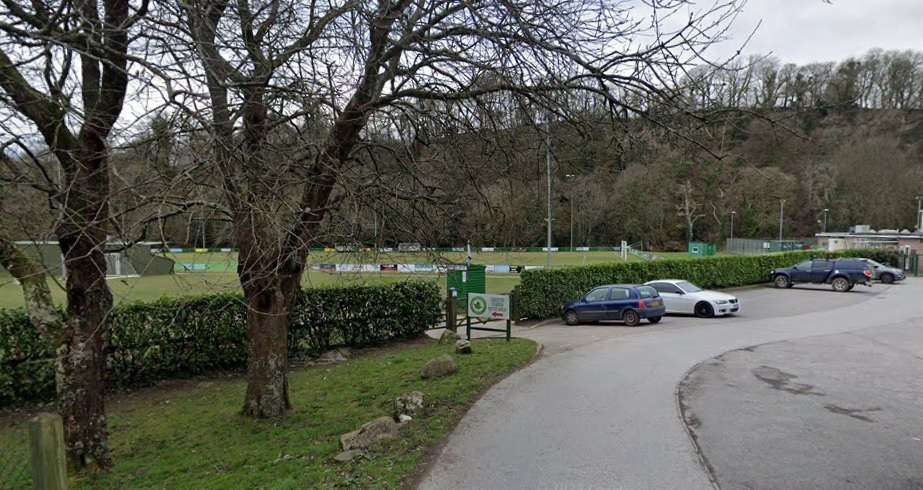
Concerns that industry will not be able to cope in April and moral at "all time low"
New rules around how buildings are inspected following the Grenfell Tower tragedy in London seven years ago have been “poorly thought through”
Concerns have been raised that it may leave the industry unable to cope when they come into force on April 6.
Local authority building control officers are lobbying the government to defer new legislation which has been referred to as the biggest change in the profession in four decades but say so far it’s “fallen on deaf ears”.
The Building Safety Regulator (BSR) which is part of the Health and Safety Executive came into force in 2022 to raise safety standards on all buildings and regulate high risk buildings, adding an extra layer of legislation.
Seventy two people died on June 14 2017 when a huge fire engulfed the Grenfell Tower in West London. It was the worst domestic fire in living memory. A public inquiry found that external cladding did not meet building regulations and contributed to the rapid spread of the fire which also destroyed 151 homes.
Under the new rules, all building control professionals, who inspect everything from WC installation to big stadium builds, will have to pass competency exams to register with the BSR or their contract will be terminated, and they will be subject to greater scrutiny.
The BSR will have the power to investigate and sanction building control teams, suspend them, put them into special measures and bring criminal charges against them.
Speaking to West Devon Borough Council’s overview and scrutiny committee, head of the Devon Building Control Partnership Nigel Hunt said the whole thing had been rushed and it was likely that the country would only have 20 per cent of local authority or private sector building inspectors licenced to carry out the role when the new regulations come in in April.
He said moral was at “an all time low” as surveyors with 30-40 years experience were having to prove their competency in a way that was “alien to them” with online exams that were “not written in a way that is helpful”.
He said some had failed the exam and were having to retake it but admitted that the Devon partnership, which carries out building control functions for Teignbridge, West Devon and South Hams councils, was further on in the process than many others in the South West or nationally.
“It’s not a good place to be at the moment,” he said, adding that recruiting staff was already difficult. “I think the possibility of surveyors being taken to court will also restrict people coming into the industry especially with the salaries we pay.”
Many people were retiring early because of the “complete turnaround in the profession”.
Mr Hunt said his team had always worked on the principle of soft enforcement: “The main reason why we do this job is to talk to people, offer advice and support them. If a small single storey extension doesn’t have sufficient insulation, for example, we tell them what to do and come back when they have done it.
“All that is changing, we will just be issuing certificates when the work is done and applicants will have to go and find out how to do it themselves."
He added that the new rules could also mean enforcement action being delayed by several years.
“It’s all been poorly thought through. I am hoping that the deadline will be put back, as a profession we need that.”
Cllr Chris West (Lib Dem, Burrator) said it was unsustainable: “It’s like a lot of what is coming out from the government at the moment.
"If someone doesn't put the electrics or a sewage pipe in properly and there is no one there to advise them, it could be a recipe for disaster.”
 Pop-up market proposal for Exeter city centre
Pop-up market proposal for Exeter city centre
 'Bad deal' blast over Churston solar farm
'Bad deal' blast over Churston solar farm
 Bovey Tracey holiday homes plan rejected
Bovey Tracey holiday homes plan rejected
 Broadside for 'incongruous' Kingsbridge waterside home
Broadside for 'incongruous' Kingsbridge waterside home
 Ivybridge football project given go ahead
Ivybridge football project given go ahead
